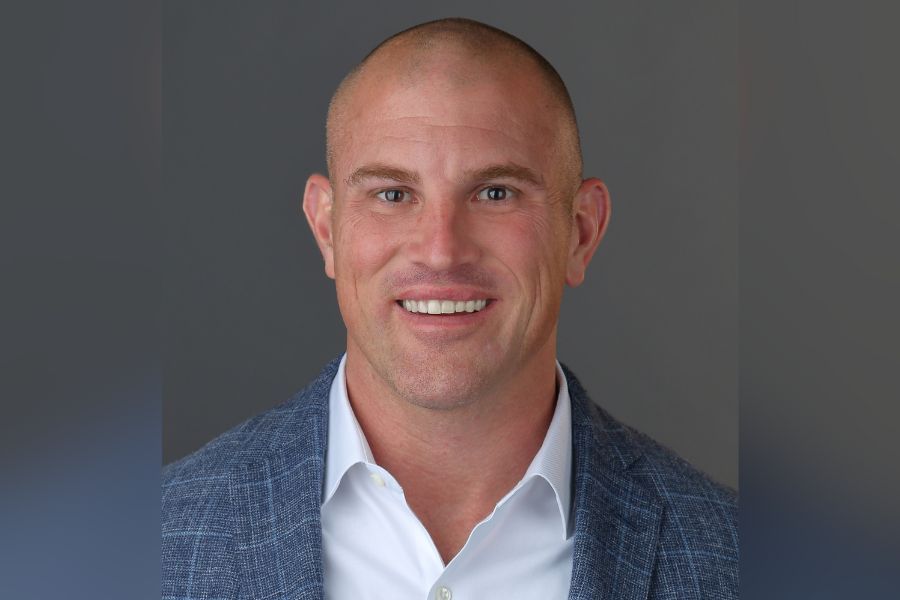IRS auditors went after rich in fiscal 2010
The Internal Revenue Service audited 18.4% of taxpayers reporting income above $10 million last year, up from 10.6% in fiscal 2009
The Internal Revenue Service audited 18.4% of taxpayers reporting income above $10 million last year, up from 10.6% in fiscal 2009.
Audit rates increased last year for all income groups, except for people with no adjusted gross income, according to data released last week for the fiscal year ended Sept. 30.
The highest earners had the sharpest increases in audit rates.
The IRS audited 11.6% of taxpayers reporting adjusted gross income of between $5 million and $10 million, up from 7.5% a year earlier. Taxpayers who earned between $75,000 and $100,000 faced the least chance of an audit, with a 0.64% rate.
Through its voluntary offshore disclosure programs and court cases involving Swiss banks, the IRS has gotten a better understanding of how wealthy people in non-corporate businesses manage their assets, said George Clarke, an attorney at Miller & Chevalier Chartered.
“They learn things and then they roll those things out across the board,” he said.
The overall audit rate for income tax returns was 1.11%, up from 1% a year earlier. The IRS previously had reported some of this data without the breakdowns at the top of the income scale.
CONCERTED EFFORT
The increase in audits of people making more than $10 million is part of a concerted IRS effort to focus on the business dealings of the wealthiest individuals.
“Our goal is to better understand the entire economic picture of the enterprise controlled by the wealthy individual and to assess the tax compliance of that overall enterprise,” IRS commissioner Douglas Shulman said in 2009 as he announced formation of a unit within the agency focused on “global high-wealth” individuals.
“We cannot do this by continuing to approach each tax return in the enterprise as a single and separate entity,” he said. “We must understand and analyze the entire picture.”
Higher audit rates are designed in part to build public confidence in the tax system and encourage voluntary compliance by making taxpayers at all income levels think they may be audited, Mr. Clarke said.
“The government has an obligation and a duty to make people believe that everyone is paying their fair share,” he said. “And particularly with respect to the wealthy, there’s a view that they’re able to get out of their obligations.”
Learn more about reprints and licensing for this article.








